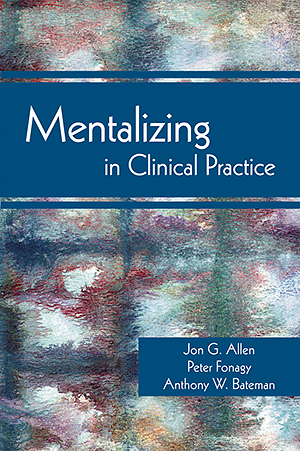Chapter 7.Treating Attachment Trauma
Sections
Excerpt
We already have laid the groundwork for treating trauma in highlighting the importance of mentalizing in the context of secure attachment relationships. In this fundamental sense, we consider trauma-related interventions to be ancient: trauma treatment came into existence when, with the advent of language, someone who was terrified after going through some horrific experience managed to talk it through with a trusted companion who provided comforting through understanding. As we also have implied, mind-minded mothers are good trauma therapists: when their child has been through a frightening experience, they help the child convey it and make sense of it in a reassuring way, restoring a sense of safety. Thus, ordinarily, the best resource for coping with potentially traumatizing experiences is the natural community (Ursano et al. 1996), as we presume has been the case since antiquity.
Access content
To read the fulltext, please use one of the options below to sign in or purchase access.- Personal login
- Institutional Login
- Sign in via OpenAthens
- Register for access
-
Please login/register if you wish to pair your device and check access availability.
Not a subscriber?
PsychiatryOnline subscription options offer access to the DSM-5 library, books, journals, CME, and patient resources. This all-in-one virtual library provides psychiatrists and mental health professionals with key resources for diagnosis, treatment, research, and professional development.
Need more help? PsychiatryOnline Customer Service may be reached by emailing [email protected] or by calling 800-368-5777 (in the U.S.) or 703-907-7322 (outside the U.S.).



